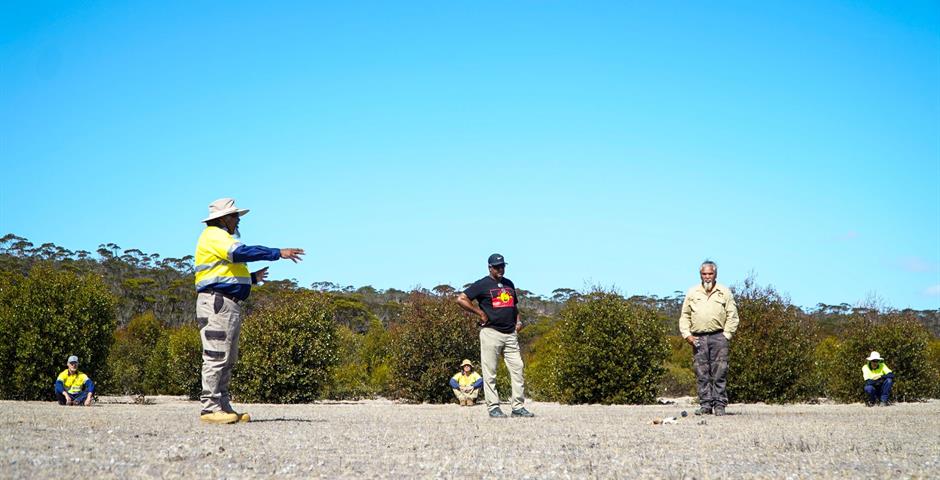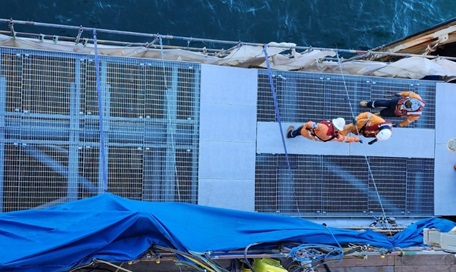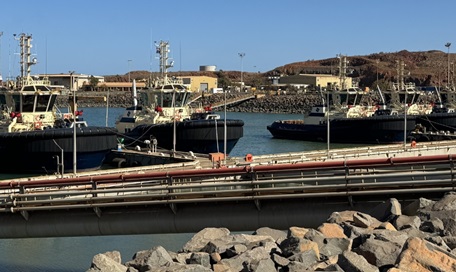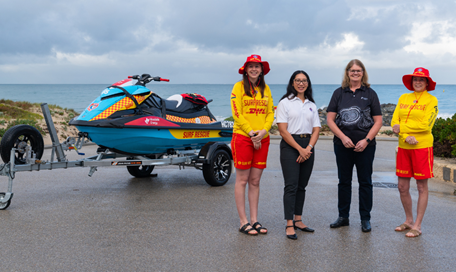Celebrating biodiversity for World Environment Day 2020
Biodiversity is this year’s theme for World Environment Day on June 5. We are taking action to help restore landscapes and support biodiversity - both in Australia and overseas.
Woodside and Greening Australia recently commenced planting the first tranche of native trees under our landmark partnership.

Alongside delivering quality carbon offsets, large-scale native tree planting projects help with biodiversity. The projects will see the reforestation of cleared landscapes and increased habitat connectivity through restored landscape linkages. Instead of monoculture plantings, the project sites are drawing on more than 40 endemic species of plants.
Woodside’s Carbon Development Manager Steve Purse is pleased with progress on the ground so far.
“While the offset benefits of what we’ve started will be long term, we think we will start seeing improvements in soil quality and habitat creation, and protection of fauna much sooner,” he said.
The Greening Australia partnership is one way we are working to limit our emissions, invest in innovation and technology and build an offset portfolio that delivers parallel environmental benefits and opportunities for regional Australian communities.
Outside Australia, we’re working with local expertise and international non-government organisations to further our collective knowledge of unique environments.
In Myanmar, where Woodside holds exploration interests in five deepwater offshore blocks, the Capacity Building for Coastal Biodiversity Assessment Partnership is now in its fifth year.
The partnership has built relationships amongst four local university marine science departments, government bodies and Fauna & Flora International to grow the discipline of marine science in the Ayeyarwardy region.
The partnership delivers training in, and completes biodiversity assessments of, coral reefs, seagrass meadows and mangrove habitats along the Mawdin coast.
Woodside’s support to the four universities is supplying equipment and building local experience in:
- swimming and diving.
- coral identification and survey techniques.
- measuring density and abundance of seagrasses.
- wetland and shorebird identification.
- independent field-based research, through a small grant scheme disbursement to over 25 university staff and high degree students.
The partnership has led to some of the region’s first surveys and monitoring sites, with more than 200 species of birds and seagrasses identified.
“Before the partnership, the majority of marine biologists at the universities could not swim and relied on fishing communities to collect samples. The local scientists have really embraced all aspects of the partnership, and have been able to scale up their activities quickly, yet sustainably,” says Woodside principal environmental adviser, Dr Denise McCorry.
“They’ve been given the opportunity to update and refresh the skills necessary to be able to start formally recording for the first time the incredible biodiversity of this region of Myanmar.”
Find out more here.



